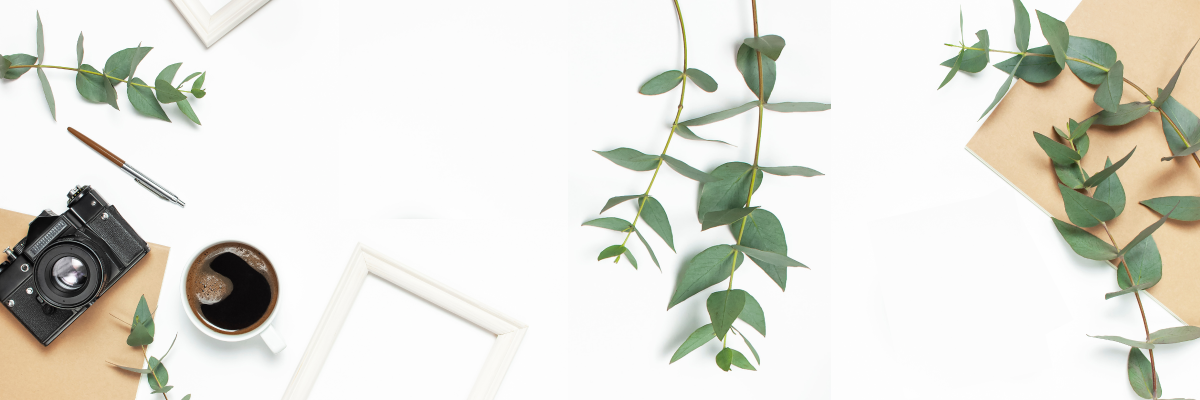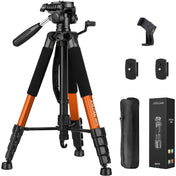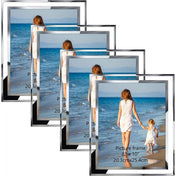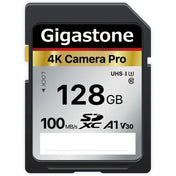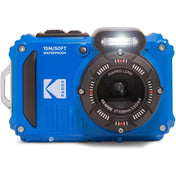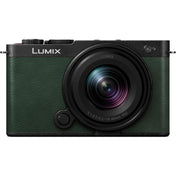Photography is an art form that allows us to capture the beauty of the world around us. With the advancements in technology, we now have access to a wide range of tools and techniques that can help us enhance our images and bring out their full potential. One such tool that every photographer should have in their toolkit is a set of filters.
What are Filters?
Filters are transparent or translucent accessories that can be attached to the front of a camera lens. They are designed to modify the way light enters the camera and interacts with the image sensor. By using filters, photographers can have greater control over the final look and feel of their photographs.
Filters come in various shapes and sizes, and each type serves a specific purpose. Some of the most commonly used filters include:
- UV Filters: These filters are primarily used to protect the camera lens from scratches, dust, and fingerprints. They also help reduce the amount of ultraviolet light that enters the lens, resulting in clearer and sharper images.
- Polarizing Filters: These filters are perfect for landscape photography as they help reduce glare and reflections from non-metallic surfaces such as water or glass. They also enhance the color saturation and contrast, resulting in more vibrant and dynamic images.
- Neutral Density (ND) Filters: ND filters are used to reduce the amount of light that enters the camera, allowing photographers to use slower shutter speeds or larger apertures even in bright conditions. This is particularly useful for capturing motion blur or creating dramatic long-exposure shots.
- Graduated Neutral Density (GND) Filters: GND filters are similar to ND filters, but they have a gradient effect. They are used to balance the exposure in scenes with high contrast, such as a bright sky and a dark foreground. By placing the dark part of the filter over the bright area, photographers can achieve a more balanced exposure.
- Color Filters: These filters are used to add or modify the color temperature of the light entering the camera. They can be used to create artistic effects or correct the color cast caused by different lighting conditions.
How to Use Filters
Using filters may seem intimidating to beginners, but with a little practice, it becomes second nature. Here are some steps to help you get started:
- Choose the Right Filter: Depending on the effect you want to achieve, select the appropriate filter from your collection. Consider the lighting conditions and the subject of your photograph.
- Attach the Filter: Carefully screw or slide the filter onto the front of your camera lens. Make sure it is securely attached to avoid any accidents.
- Compose your Shot: Frame your subject and adjust your camera settings as per your creative vision.
- Experiment and Adjust: Take a test shot and review the results. If needed, make adjustments to the filter position or camera settings to achieve the desired effect.
- Shoot Away: Once you are satisfied with the settings, start capturing some amazing photographs!
The Benefits of Using Filters
Filters can significantly enhance your photography by offering a range of creative possibilities. Here are some key benefits of using filters:
- Control over Light: Filters allow you to have greater control over the way light enters your camera. This control helps you achieve the desired exposure, contrast, and color balance in your images.
- Time-saving in Post-Processing: By using filters while capturing the image, you can save time in post-processing. Filters can help you achieve effects that would otherwise require extensive editing.
- Enhanced Colors and Contrast: Filters like polarizers and color filters can enhance the colors and contrast in your images, making them more vibrant and visually appealing.
- Creative Expression: Filters provide photographers with a range of creative options to experiment with. From long-exposure shots to dreamy landscapes, filters allow you to add your unique touch to each photograph.
- Protection for your Lens: UV filters not only protect your lens from physical damage but also act as a barrier against dust, moisture, and fingerprints.
Choosing the Right Filters for You
When it comes to choosing the right filters for your photography, it's important to consider your specific needs and shooting style. Here are a few tips to help you make the right decision:
- Research: Familiarize yourself with different types of filters and their effects. Look for examples and tutorials to understand how each filter can enhance your images.
- Budget: Filters come in different price ranges, so determine your budget and invest wisely. Quality filters can make a noticeable difference in the final output.
- Compatibility: Ensure that the filters you choose are compatible with your camera lens. Check the filter size and thread type before making a purchase.
- Start with the Basics: If you are new to filters, start with a few essential ones like UV and polarizing filters. As you gain experience and explore different genres of photography, you can expand your collection.
Conclusion: Unleash Your Creativity with Filters
Using filters in photography is a game-changer. It allows you to take control of your images and elevate them to a whole new level. Whether you want to capture stunning landscapes, create dreamy long-exposure shots, or simply enhance the colors in your photographs, filters offer endless possibilities.
So, don't hesitate to experiment with different filters and unleash your creativity. Remember, the key is to practice, try new techniques, and push the boundaries of your photography. With filters, you have the power to create truly breathtaking images that will leave a lasting impression on your viewers.
Discover the creations of a fellow Shopify store owner by exploring their online store. Simply click here to access the store. Please remember that this is a promotional link, and we cannot be held responsible for the content of the linked store.

